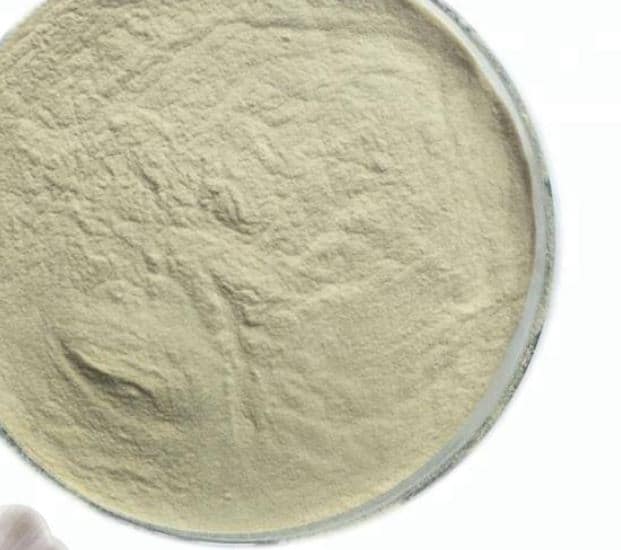Pharmaceutical powders are solid dosage forms of medicament in which one or more drugs are dispensed in a finely divided state with or without excipients. they are generally available in crystalline or amorphous form. It is used internally and externally.

Types of Powders
A) Divided Powder:
It is a unit dosage form that is normally packed in a container. The divided powder is of two types:
- Simple
- Compound
Simple: The powders that contain only one ingredient (single API) and a suitable inert substance are known as simple powders.
Compound: The powder that contains more than one drug substance or API is known as compound powder. They are mixed together and divided into the desired number of individual doses which are dispensed into the individual pack.
B) Bulk Powders:
Bulk powders are supplied in bulk quantity and applied by the patient according to the requirement. The bulk powder is preferably provided in sifter-type containers. Eg. of these types of powder are:
- Dusting powder
- Effervescent
- Dentifrices
- Insufflations
- Douche, and Snuffs.
C) Effervescent powders:
When these powders are combined with water, they effervesce due to the release of carbon dioxide. The effervescence also helps to disguise the bitterness of the active substances. The other incorporated substances in effervescent powder are sodium bicarbonate, organic or inorganic acids such as citric acid, tartaric acid, etc.
Advantages:
- Powders are more stable than liquid dosage forms.
- It is convenient for physicians to prescribe.
- The chances of incompatibility are less.
- Compared to liquid dosage forms, powder has higher physicochemical stability and longer shelf life. Powder for antibiotic syrups, for example, has a shelf life of 2 to 3 years once reconstituted with water, but only 1 to 2 weeks once reconstituted with water.
- The onset action or bioavailability of powder is rapid as compared to other dosage forms.
- It is easy to carry as compared to liquid.
- The powder is easy to handle
Related: Gels in Pharmaceuticals
Disadvantages:
- These drugs are bitter in taste, nausea, and unpleasant taste and can not be administered in powder form.
- Powders should not be used to administer drugs that decay quickly when exposed to the air or have an acidic pH. Ferrous iron salts, for example, are easily oxidized and should not be given as powder.
- Deliquescent and hygroscopic drugs can not be dispensed in powder form they are packed in double wrapping.
- Drugs that are affected by atmospheric conditions are not suitable for dispensing.
- Quantity less than 100 mg can not be weighed conveniently.
FAQs
Ans: Bulk powder, Dusting powder, Effervescent, Dentifrices, Insufflations, Douche, and Snuffs
Ans: The powder is very fine in the form of crystalline and amorphous. They generally are of two types, Divided, and Bulk powders.
Ans: They are more stable chemically and physically, and less prone to microbial attack. medically they are dispensed in powder form and administrated after mixing with sterile water.
Ans; Talcum powder is best for the face as well as for the whole body. for fungal infection, candid powder is used.
Ans: Coarse Powder
Moderately Coarse Powder
Moderately Fine Powder
Fine Powder
Ans: The powder is more stable and longer life as compared to the liquid because the liquid has more tendency to react with other ions in the liquid medium which leads to degradation.
Ans: Pharmaceutical powders are solid dosage forms of medicament in which one or more drugs are administered in a finely separated state with or without excipients. medically they are dispensed in powder form and administrated after mixing with sterile water.

Naresh Bhakar is the Founder and Author at Pharmaguddu.com, bringing his extensive expertise in the field of pharmaceuticals to readers worldwide. He has experience in Pharma manufacturing and has worked with top Pharmaceuticals. He has rich knowledge and provides valuable insights and data through his articles and content on Pharmaguddu.com. For further inquiries or collaborations, please don’t hesitate to reach out via email at [email protected].
